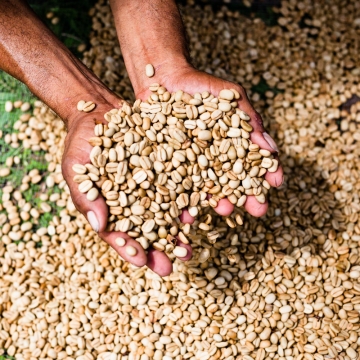Linking Crop Specialization to Agricultural Commercialization: Empirical Evidence from the Northern Savannah Ecological Zone of Ghana
Specialization and intensification have been the main focuses of agricultural development and modernization for decades, among those who claim that doing so will increase agricultural output. Specialization and commercialization in agriculture are linked to greater efficiency than subsistence farming, as these can boost the production and competitiveness of smallholder farmers. However, in recent years, some have questioned this model's resilience and long-term viability.
